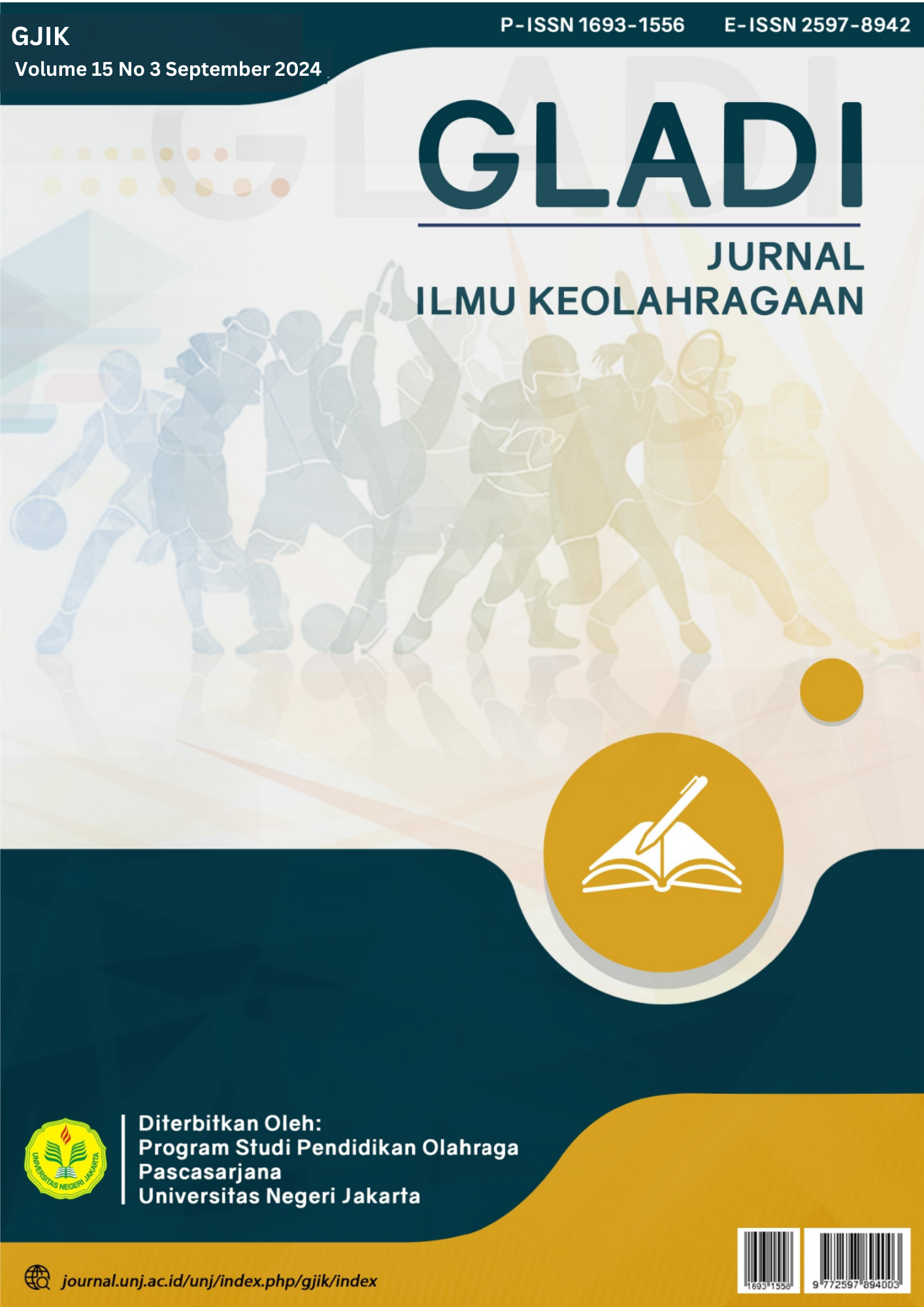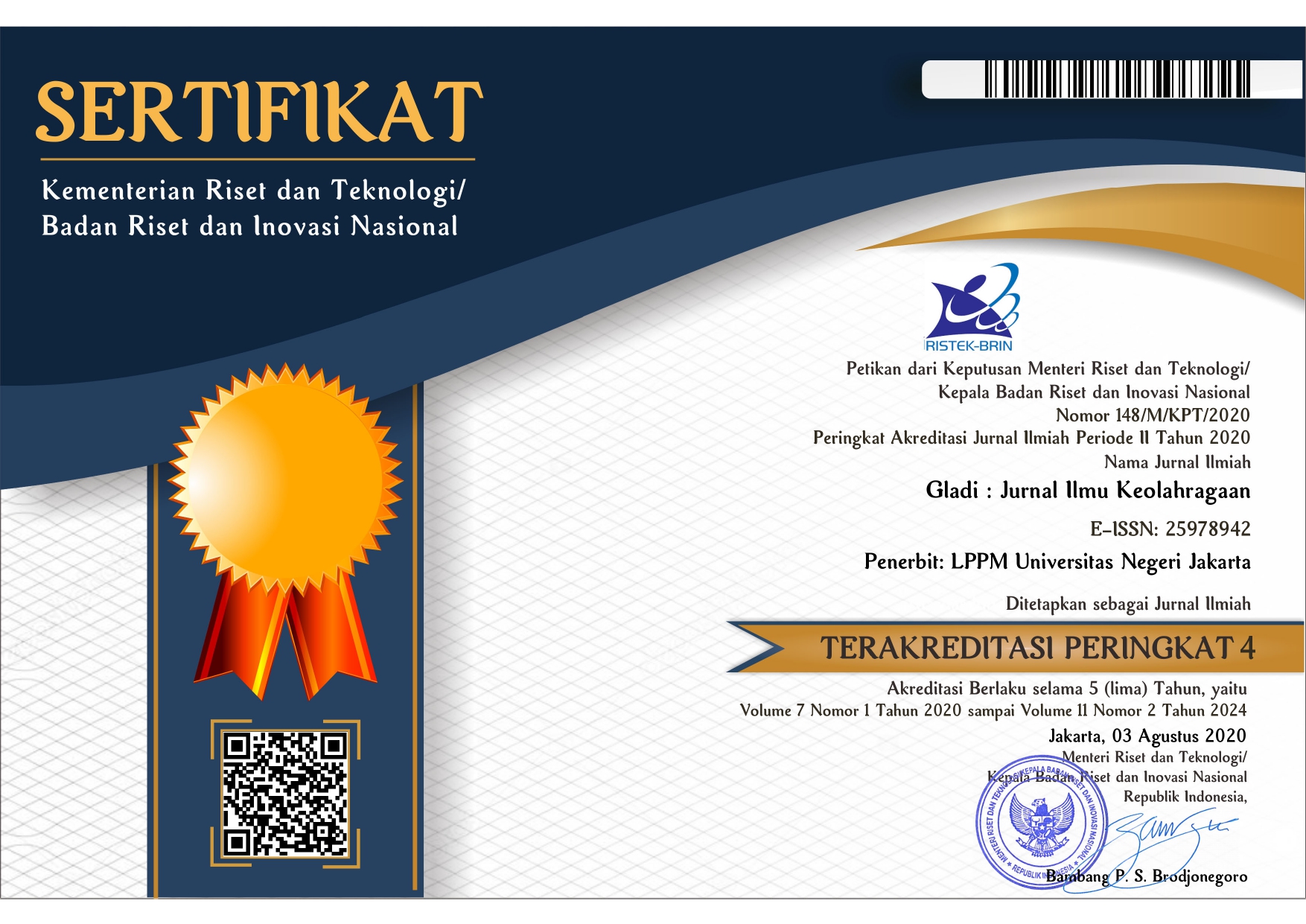EVALUATION OF GURU PENGGERAK PERFORMANCE IN SORONG CITY
Abstract
Frequent changes in educational goals and policies in Indonesia have significantly impacted on teachers. Thus, the government has initiated a development program called the Guru Penggerak Program to prepare teachers for implementing the Merdeka Curriculum. This study aims to evaluate the performance of teachers who have participated in the Guru Penggerak Program. The method used in this research is descriptive qualitative, employing questionnaire and interview techniques. The data in this study consists of 36 Guru Penggerak teachers, 72 colleagues, 72 students, and 20 school principals from various educational levels, including elementary, junior high, and senior high/vocational schools. Besides identifying teacher performance, the results are expected to explain the impact of the Guru Penggerak Program on the school community as reflected in the performance of the Guru Penggerak teachers. The research findings indicate an improvement in the quality of Guru Penggerak teachers in conducting educational activities, both in teaching and in personal and social development. Guru Penggerak teachers can collaborate with students in educational activities and are becoming actively involved in leading learning. Overall, the Guru Penggerak Program followed by teachers in Sorong City has provided new insights for teachers and positive impacts on colleagues, students, and school leaders.
Downloads
References
Hanyfah, S., Fernandes, G. R., & Budiarso, I. (2022). Penerapan Metode Kualitatif Deskriptif Untuk Aplikasi Pengolahan Data Pelanggan Pada Car Wash. Semnas Ristek (Seminar Nasional Riset Dan Inovasi Teknologi), 6(1), 339–344. https://doi.org/10.30998/semnasristek.v6i1.5697
Lubis, R. R., Amelia, F., Alvionita, E., Nasution, I. E., & Lubis, Y. H. (2023). Peran Guru Penggerak dalam Meningkatkan Pemerataan Kualitas Kinerja Guru. Jurnal At-Tadbir : Media Hukum Dan Pendidikan, 33(1), 70–82. https://doi.org/10.52030/attadbir.v33i1.170
Mangkunegara, A. A. A. P., & Puspitasari, M. (2015). Kecerdasan Emosi Guru, Stres Kerja, Dan Kinerja Guru Sma. Jurnal Kependidikan: Penelitian Inovasi Pembelajaran, 45(2), 144.
Marsani, Khodaijah, Makruf. (2021). Manfaat Rpp Bagi Guru, Kepala Madrasah Dan Pengawas Di Lingkungan Kementerian Agama Kabupaten Serdang Bedagai. Jurnal Pendidikan Ips, 2(2), 81–85. https://doi.org/10.32696/jpips.v2i2.984
Ramdani, Z., Amrullah, S., & Tae. (2019). Pentingnya Kolaborasi dalam Menciptakan Sistem Pendidikan yang Berkualitas. Mediapsi, 5(1), 40–48. https://doi.org/10.21776/ub.mps.2019.005.01.4
Rofaliana. (2017). Kurikulum Membingungkan, Pendidikan Terancam. Jurnal Inspirasi Pendidikan Universitas Kanjuruhan Malang, 851–856. http://news.liputan6.com/read/784373/kurikulum-membingungkan-pendidikan-terancam.
Sutapa, M. (2016). Membangun Komunikasi Efektif Di Sekolah. Jurnal Manajemen Pendidikan, 2(2), 69–76.
Tanama, Y. J., Ibrahim Bafadal, & I Nyoman Degeng. (2017). Pentingnya Kepemimpinan Pembelajaran di Sekolah. Prosiding Seminar Nasional Mahasiswa Kerjasama Direktorat Jenderal Guru Dan Tenaga Kependidikan Kemendikbud 2016, 35, 1–7. https://www.academia.edu/download/92019052/267023920
Warsono, S. (2016). Pengelolaan Kelas Dalam Meningkatkan Belajar Siswa. Manajer Pendidikan, 10(5), 469–476.
Copyright (c) 2024 Aswin Anwar Abdul Kadir

This work is licensed under a Creative Commons Attribution-ShareAlike 4.0 International License.







